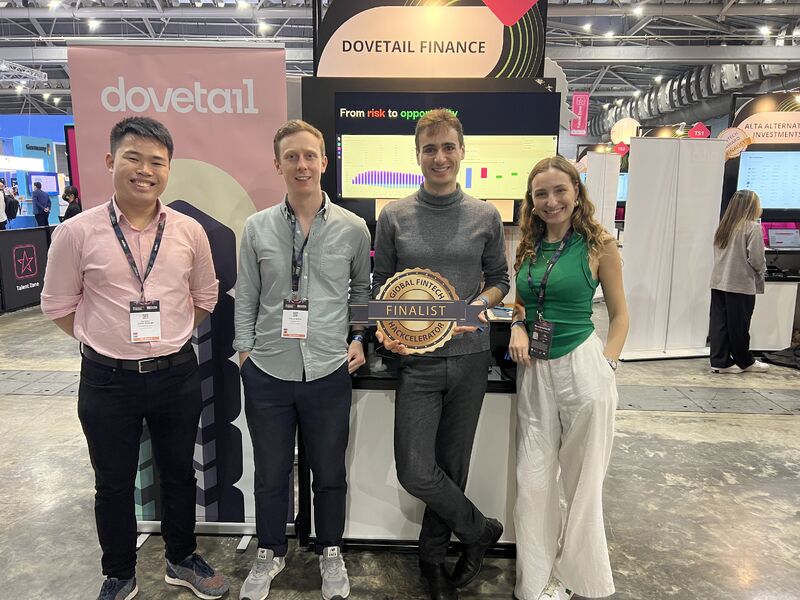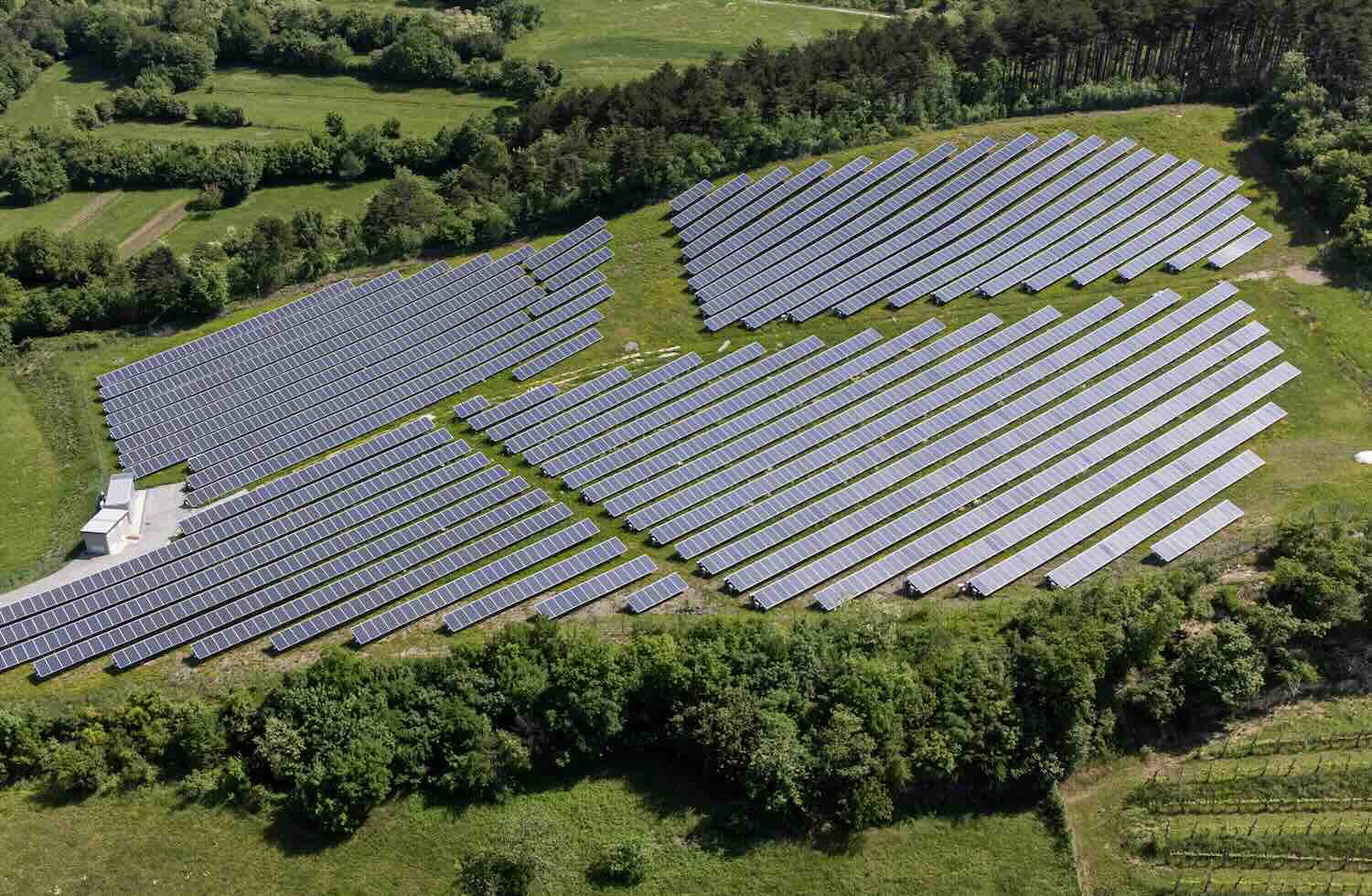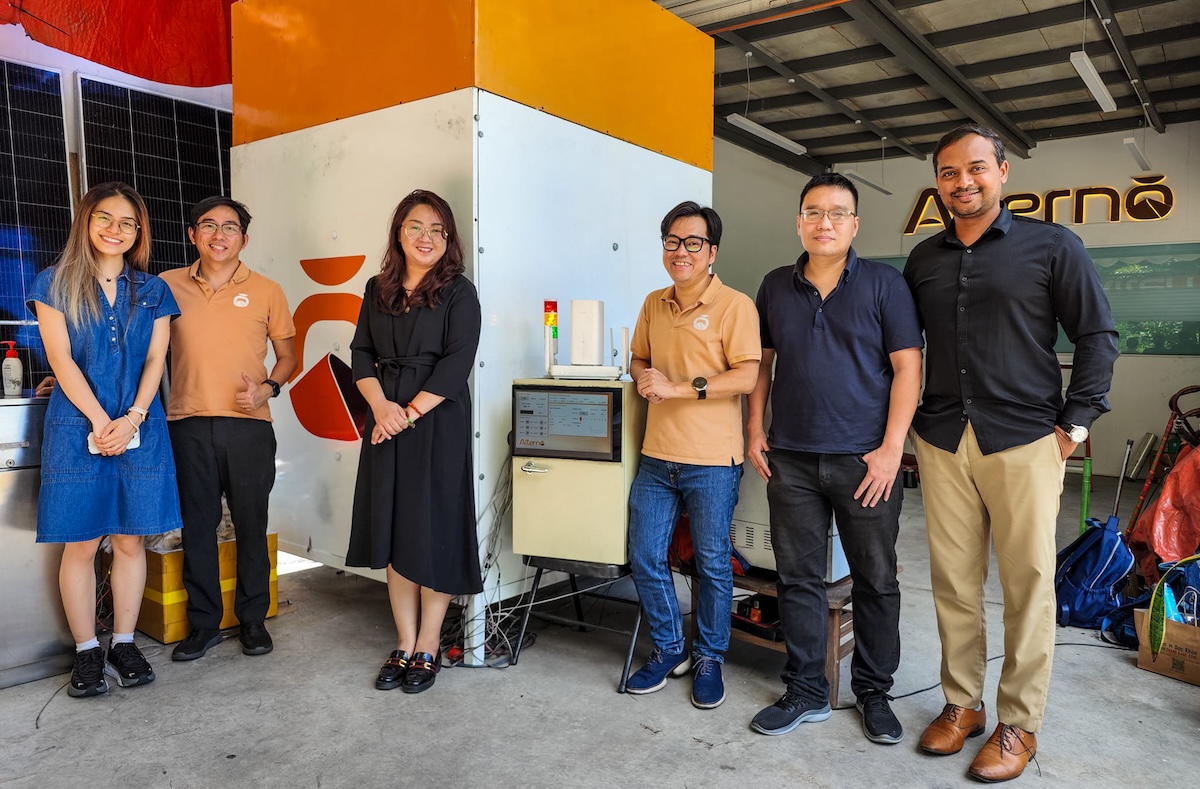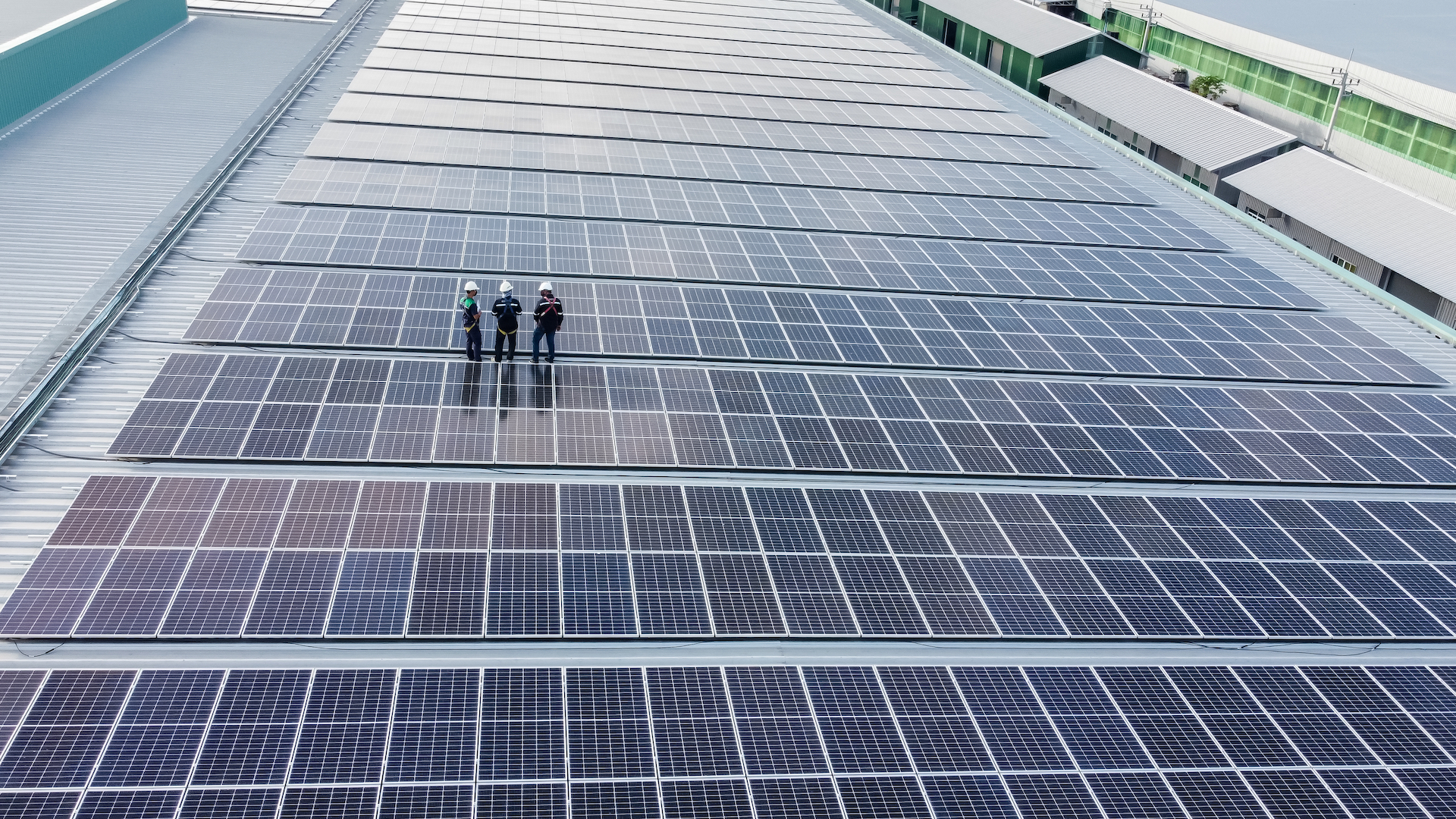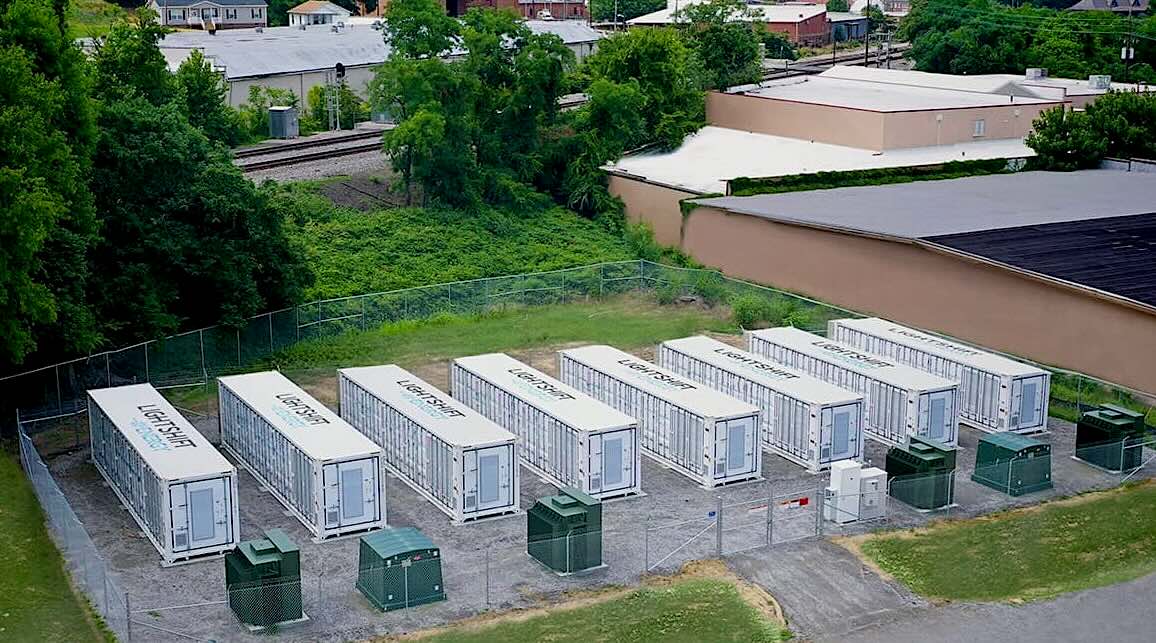More electric vehicles (EVs) were sold each week of 2022 than in all of 2011. Analysts expect this explosive growth to remain unabated for decades. At the helm of each EV, powering our thrust into a sustainable future: the lithium-ion battery, a blend of metals sourced from nearly every continent on earth.
Mine sites unearthing these metals flagrantly violate human and environmental rights, tainting the pristine veneer around climate tech. The rap sheet is long – child labor at cobalt mines in the DRC, worker safety violations at graphite mines in China, indigenous rights violations at lithium and nickel mines in South America and New Caledonia. Harmful environmental consequences are nearly ubiquitous, ranging from toxic spills to widespread drought.
A plethora of publications have detailed these injustices. This article will, instead, focus on tech-forward solutions at our disposal.
At Working Capital Fund, we invest in early-stage tech companies addressing inequity for marginalized workers across global supply chains. Our firm was founded in 2017 to find and scale technologies that enable responsible procurement and equity in production. Our limited partners include multinational corporations, impact investors and human rights funders.
Amidst the pressing need to address climate change, it is imperative to ensure the ethical and sustainable production of lithium-ion batteries. Here are five promising areas for innovation that, if brought to scale, could deliver human rights for producers and progress towards net-zero targets.
Recycled batteries and synthetic materials can reduce our reliance on mining. Since 2016, a flood of startups have launched to improve lithium-ion battery recycling. Some plan to build large recycling factories. Others are inventing new materials to integrate into the process (eg. filtration membranes). The largest concern outside of R&D will be their ability to sustain cash flows through the mid-2030s, when an onslaught of lithium-ion batteries are set to expire. Synthetic graphite, by contrast, is available for use today, though ample innovation is required to lower its cost of production.
As the need for traditional mining persists, extraction sites can mitigate ESG risk with a range of technologies. Computer vision, satellite technology, and AI startups have the potential to monitor on-site labor risk. While promising, these companies must ensure worker anonymity as part of their by-laws to prevent the violation of worker privacy. (CompScience, a Working Capital Fund portfolio company, provides a great example.) Other technologies are further along and have begun to be adopted. Smart sensors provide real-time data on air, water, and soil pollution. Digital platforms such as Quizrr (another Working Capital Fund portfolio company) offer supplier training modules shown to increase compliance by directly engaging workers. Mine electrification reduces carbon emissions by replacing oil, gas, and coal powered equipment.
Car and battery manufacturers can use frontier-tech to source from ESG-minded suppliers. AI-based transparency solutions map supply chains, increasing visibility into the networks of upstream suppliers involved in the production of a battery. Blockchain enabled traceability tools allow each tier of a supply chain to codify product-specific compliance with ESG standards into an immutable ledger. ESG-centered marketplaces can streamline purchasing, easing the burden on procurement officers. Together, these tools help procurement departments avoid sourcing from mine sites with documented labor and environmental abuses. Worth noting, all three technologies require high fidelity data on upstream suppliers, which depend on a network of auditors, NGOs, and other stakeholders.
Technology can help workers and residents living near mine sites organize and drive change. Successful employee organizing requires trust and coalition building, the barriers to which are not fundamentally technological. That said, emerging tools can help employees organize (eg. Organise) and report grievances (eg. Ulula, a Working Capital Fund portfolio company). Successful worker movements in Chile suggest that the spiking price for battery metals can increase worker leverage when negotiating benefits.
Alternative mining technologies may offer radically new ways to source these metals. On the ocean floor between Mexico and Hawaii, thirteen to twenty thousand feet beneath sea level, lies a trove of potato-sized rocks containing nickel, cobalt, manganese, and copper. Early movers such as Impossible Metals and the Metal Company are racing to deploy underwater mining devices without decimating biodiversity on the ocean floor. (Scientists remain highly skeptical.) Others are seeking to extract lithium from geothermal brine. In southern California’s Salton Sea, Berkshire Hathaway and others have invested billions in geothermal extraction that, if successful, could generate over $25 billion in annual revenue.
Despite the hope of technological advances, long-standing economic drivers threaten to constrict progress. Businesses remain incentivized to maximize value capture and externalize both human and environmental costs. An estimated 40,000 children are involved in the mining of cobalt, at risk of dying under collapsed mines; contracting fatal lung ailments from metal-laden dust. In Chinese towns where graphite is mined, layers of soot cover homes, suffocate crops, and leave the residents without clean drinking water.
Fortunately, consumer and regulatory demand for corporate sustainability has surged. Equipped with the proper technology, businesses can eliminate these egregious risks from their extended supply chains. If this is a world you are working toward, please reach out.
Evan Okun is an investor at Working Capital Fund.
The views expressed here do not necessarily represent those of Working Capital Fund’s limited partners.





